What Therapists Need to Know About Menopause and Perimenopause: An interview with Dr. Sharon Malone, MD
Curt and Katie interview Dr. Sharon Malone, MD, author of Grown Woman Talk, about menopause and perimenopause. We explore the mental health impacts as well as the differential diagnosis when assessing a woman over 40 who might be experiencing this phase of life. We also talk about what good treatment can look like, including discussing the debate about hormone therapies.
Transcripts for this episode will be available at mtsgpodcast.com!
In this podcast episode, we talk about mental health impacts of (peri)menopause
After Katie was diagnosed with perimenopause, she began looking for sources of information on this seldom-talked-about phase of women’s lives. She found Dr. Sharon Malone’s work and was so excited that she agreed to come on to talk about menopause and perimenopause as well as her new book, Grown Woman Talk!
What is perimenopause and menopause?
· Life stages for women in midlife and beyond
· Hormonal shifts (not just dropping, but inconsistent through
· Remodeling of the brain
· Perimenopause is not short, it can be up to a decade
· Too often women think they can power through, but it can and should be treated
What are the psychological impacts of perimenopause and menopause?
· Feeling different or more emotional due to hormonal shifts during up to a decade prior to menopause (when hormones drop)
· During perimenopause there is an uptick in depression, anxiety, sleeplessness, late onset ADHD, rage, brain fog
· Perimenopausal mood and psychological changes may be better treated by hormones than by typical psychotropics
· The differential diagnosis should start with ruling out perimenopause for any woman 40+
What does good perimenopause treatment look like?
· The most effective treatment of perimenopausal symptoms is estrogen or menopause hormone treatment
· Too often, women get individual symptoms treated by individual specialists rather than a more global impact of hormone imbalances
· Hormone treatments can potentiate antidepressant (synergistic effect) for mood concerns
· We also address the concerns related to hormone treatment (the study was misrepresented)
· Women should be armed with the questions to ask and collaborate and agree on treatment with their doctors
Stay in Touch with Curt, Katie, and the whole Therapy Reimagined #TherapyMovement:
Our Linktree: https://linktr.ee/therapyreimagined
Modern Therapist’s Survival Guide Creative Credits:
Voice Over by DW McCann https://www.facebook.com/McCannDW/
Music by Crystal Grooms Mangano https://groomsymusic.com/






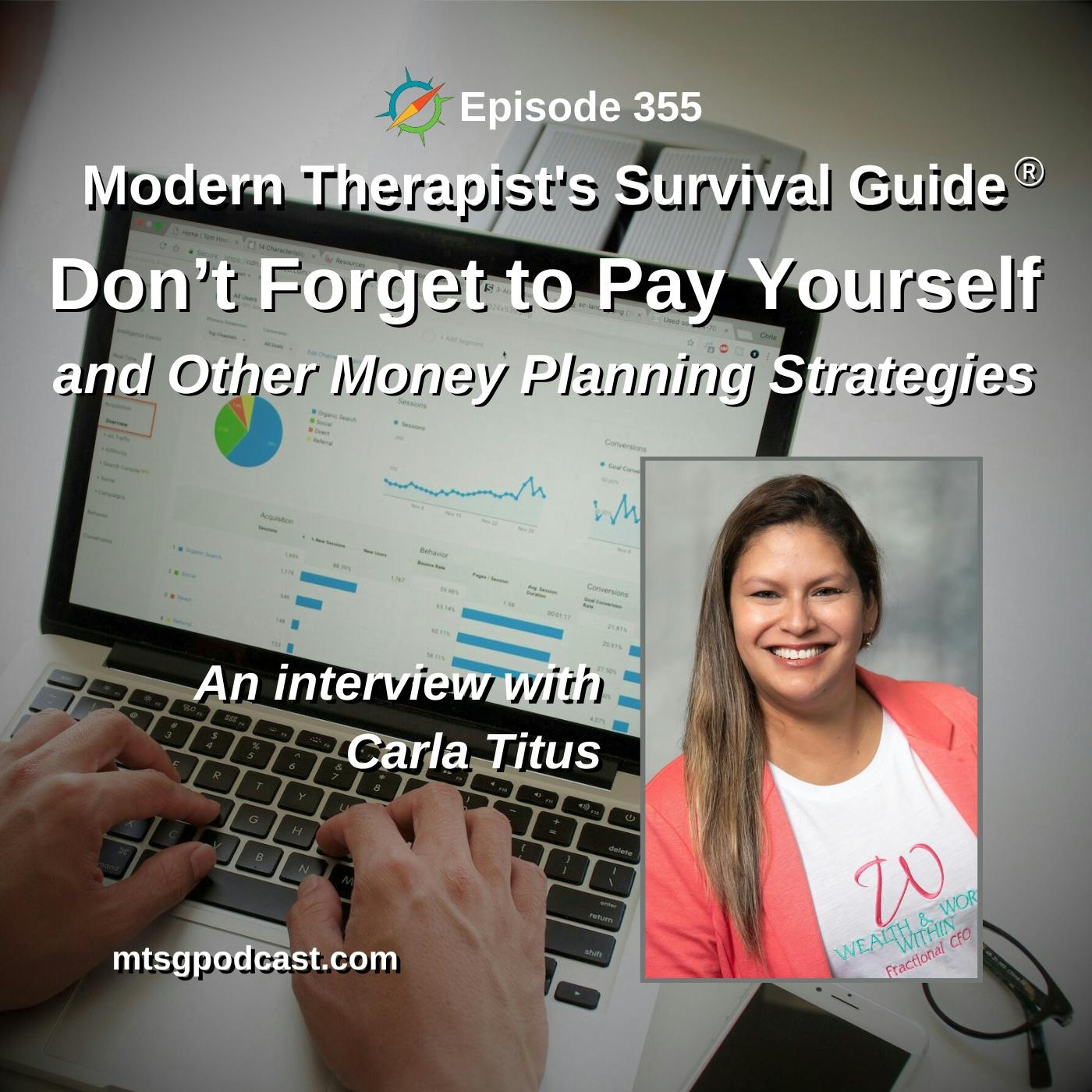


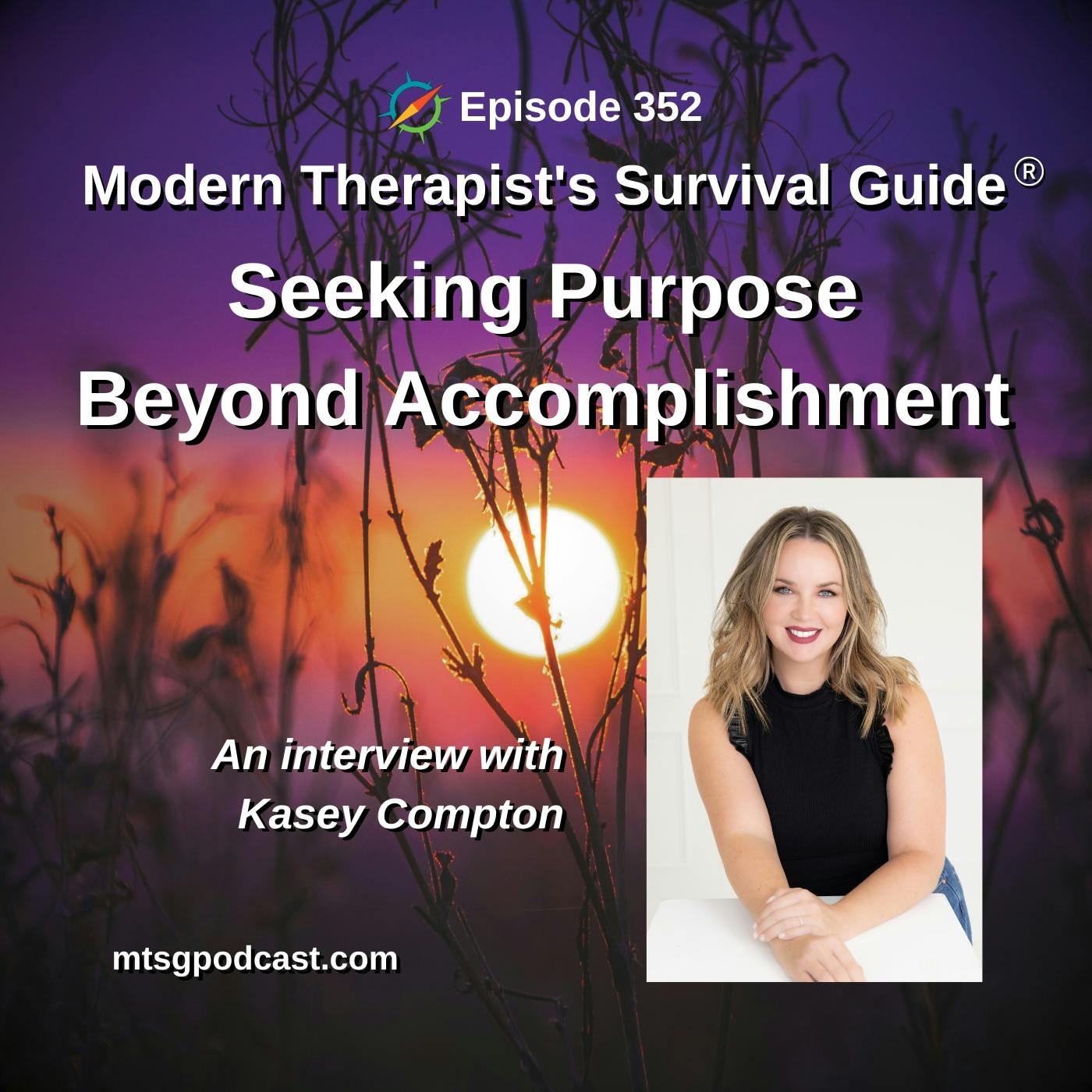

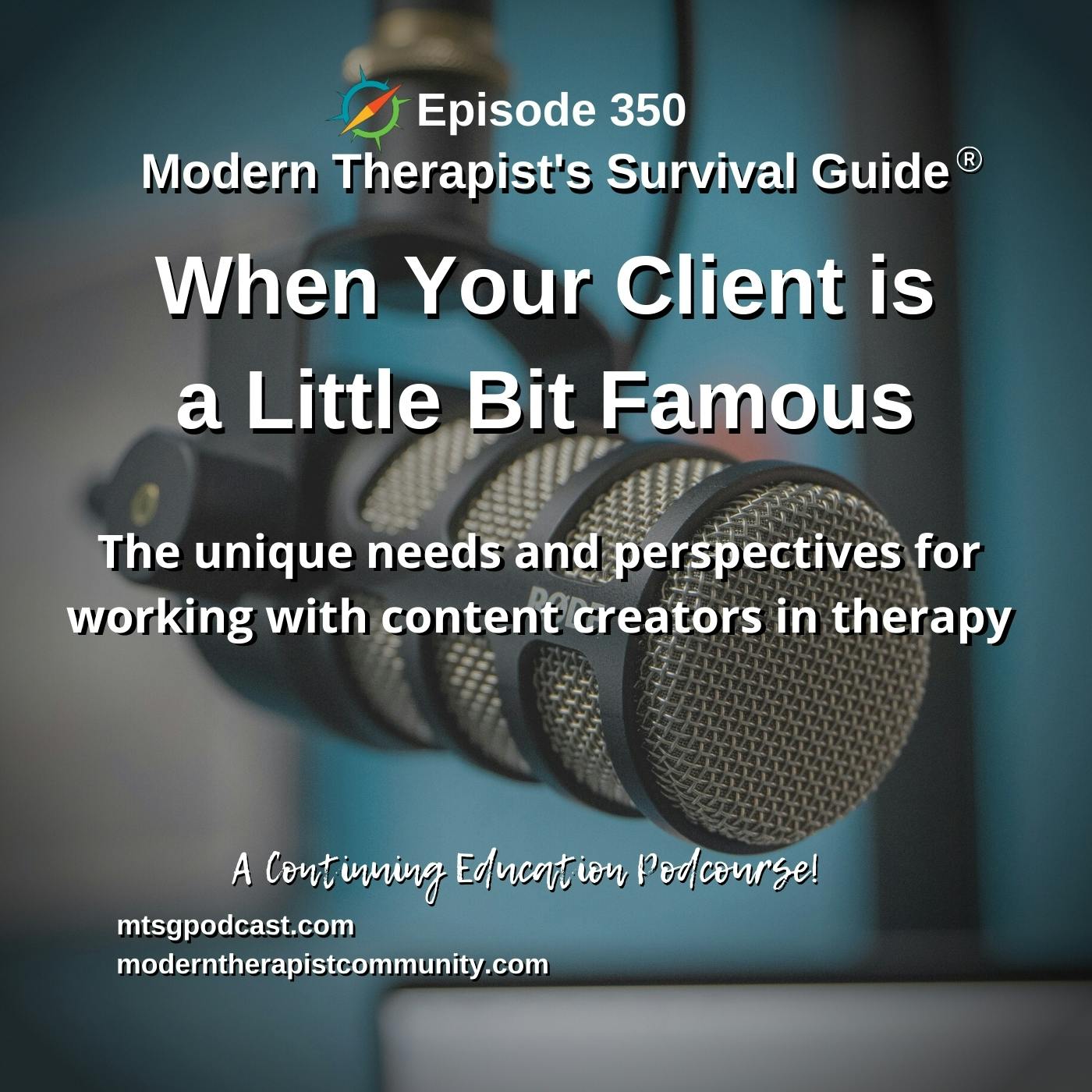


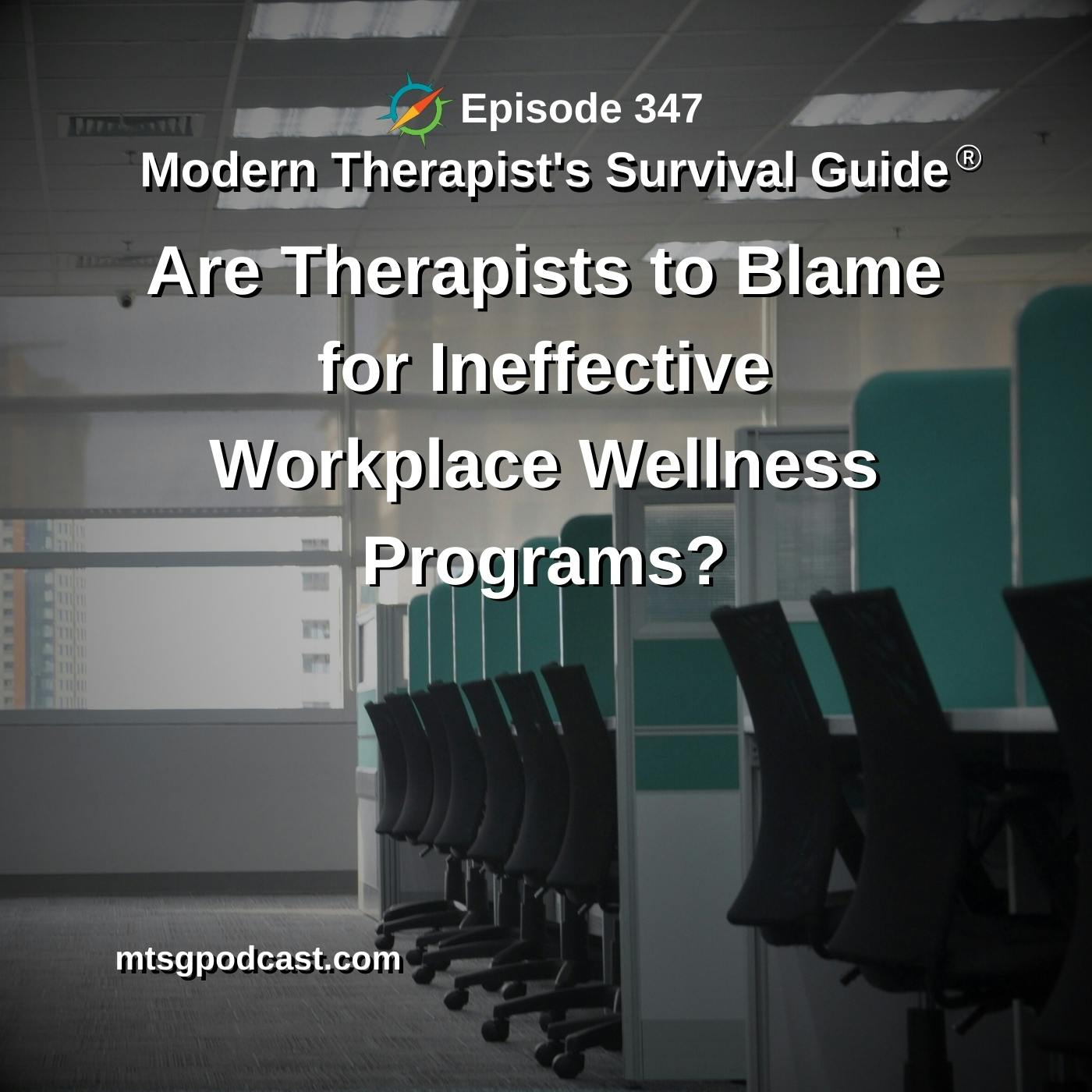
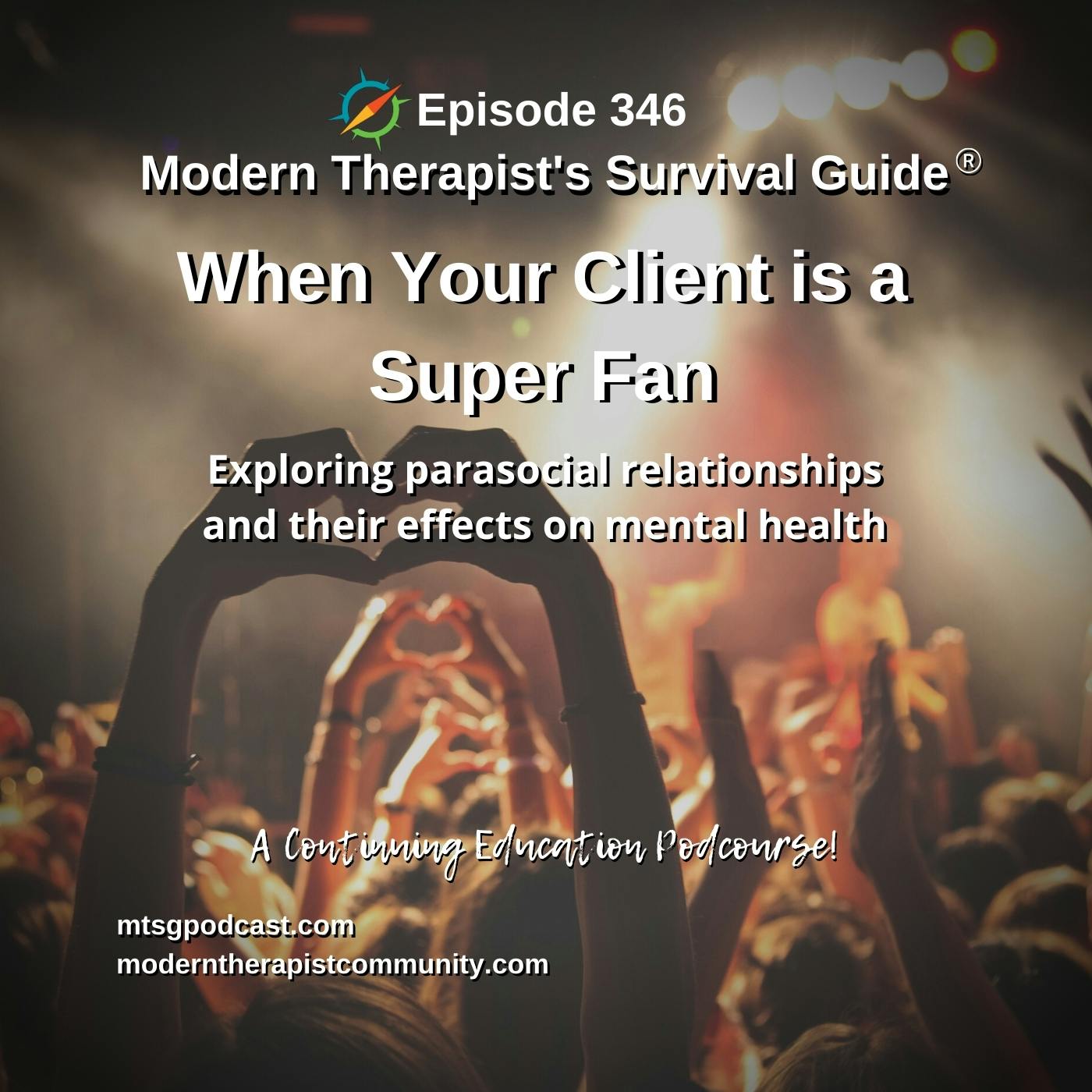


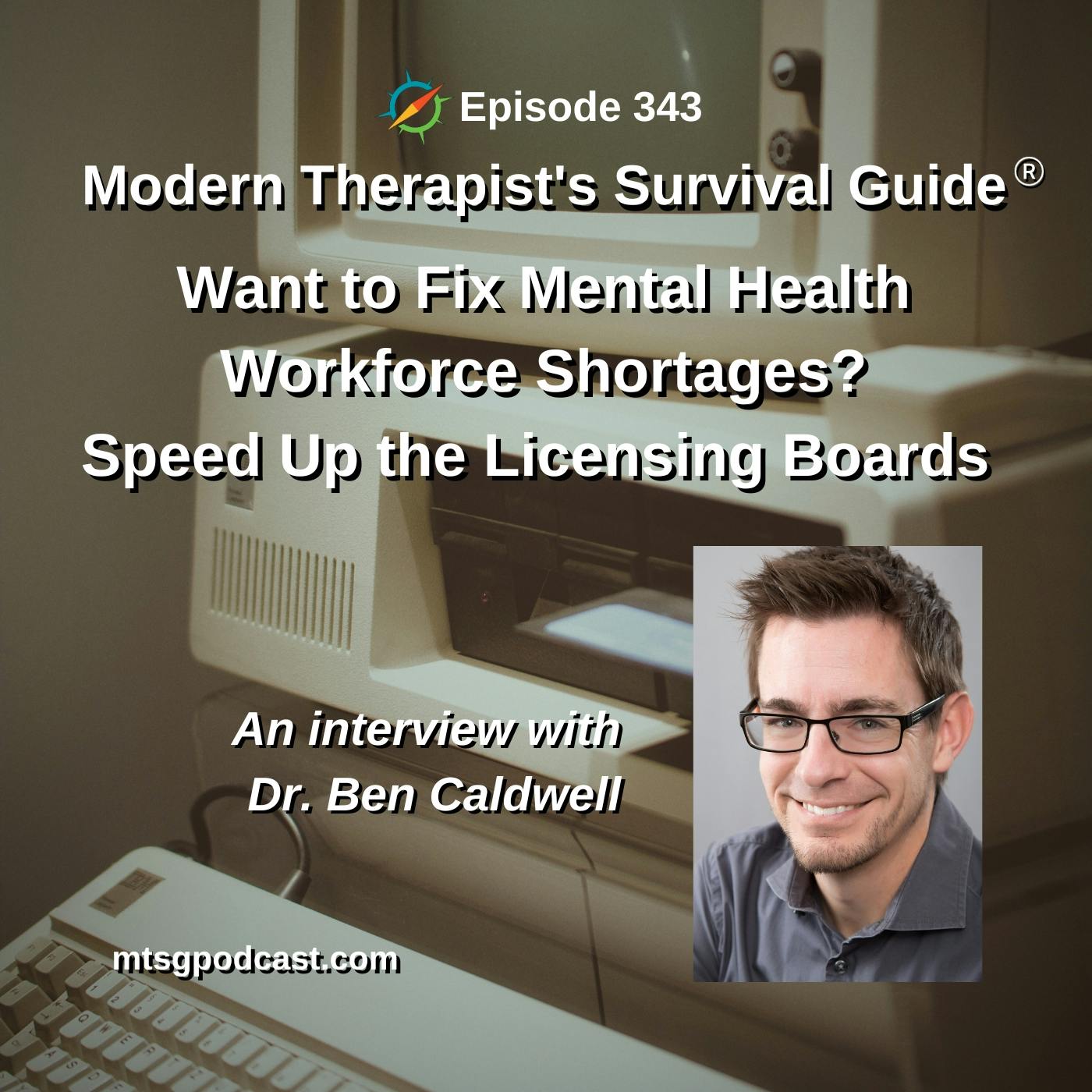







I totally agree with your opinion, it makes me feel easy to understand and grasp good idea https://word-unscrambler.io